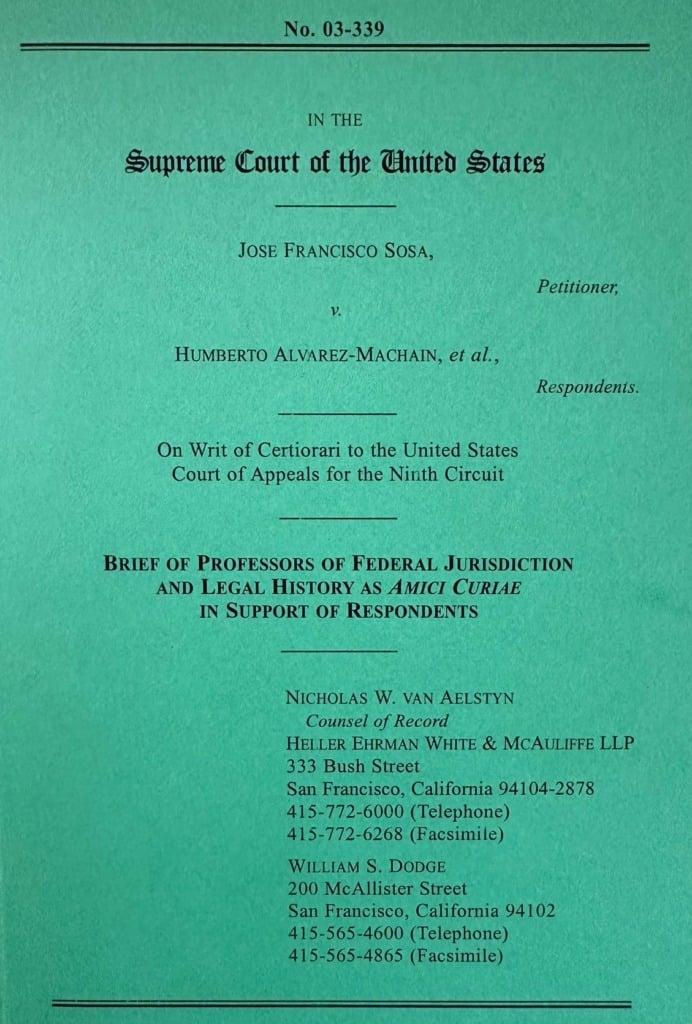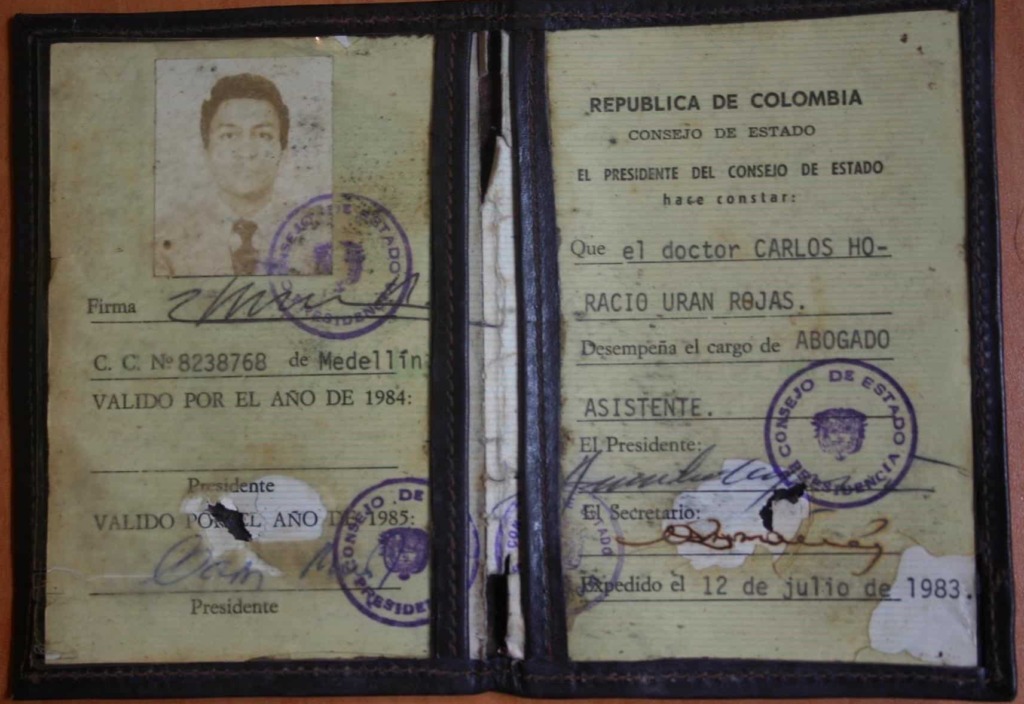What Does Overruling Chevron Mean for Transnational Litigation?
For the past forty years, under Chevron U.S.A. Inc. v. Natural Resources Defense Council (1984), courts have deferred to an agency’s interpretation of a federal statute when the statute is ambiguous and the agency’s interpretation is reasonable. On June 28, 2024, the U.S. Supreme Court overturned Chevron. In Loper Bright Enterprises v. Raimondo, the Court…
Continue ReadingHappy Fourth of July!
The editors at TLB wish you and yours a safe and happy Fourth of July.
Continue ReadingThrowback Thursday: Sosa v. Alvarez-Machain
On June 29, 2004, two decades ago, the Supreme Court decided Sosa v. Alvarez-Machain, recognizing an implied cause of action under the Alien Tort Statute (ATS) for violations of human rights norms that are generally accepted and specifically defined. In this post, I look back at Sosa and discuss what has happened in ATS litigation during…
Continue ReadingExhausting Remedies Under the TVPA
In 1992, Congress passed the Torture Victim Protection Act (TVPA) to create an express cause of action against individuals who, under color of foreign law, commit torture or extrajudicial killing. The TVPA has an exhaustion provision requiring courts to dismiss claims under the provision “if the claimant has not exhausted adequate and available remedies in…
Continue ReadingSupreme Court Grants Cert in Holocaust Expropriation Case
The Supreme Court granted cert this morning in Republic of Hungary v. Simon to consider further questions under the expropriation exception of the Foreign Sovereign Immunities Act. In Republic of Germany v. Philipp(2021), the Supreme Court held that the expropriation exception does not apply to a government’s taking of the property of its own nationals….
Continue ReadingFifth Circuit Applies Act of State Doctrine in Holocaust Art Case
Does the act of state doctrine apply to mistakes? On May 29, 2024, the Fifth Circuit held in Emden v. Museum of Fine Arts, Houston that the doctrine bars a claim for return of a painting that the Dutch government gave to the wrong person after World War II. There were several copies of this…
Continue ReadingSupreme Court Denies Cert in Fighter Jets Case
This morning, the U.S. Supreme Court denied review in Blenheim Capital Holdings Ltd. v. Lockheed Martin Corp., a case asking whether the purchase of fighter jets and other military equipment is a commercial activity under the Foreign Sovereign Immunities Act. Despite a circuit split on the question, the Solicitor General recommended that the Supreme Court…
Continue ReadingRoundtable in International Business Law
The Dennis J. Block Center for the Study of International Business Law at Brooklyn Law School is organizing a Roundtable in International Business Law. The Roundtable will take place on September 27, and proposals are due by June 28. The call is here.
Continue ReadingThrowback Thursday: Empagran’s Complicated Legacy
Twenty years ago tomorrow, on June 14, 2004, the Supreme Court handed down its decision in F. Hoffman-La Roche Ltd. v. Empagran S.A. The majority opinion, authored by Justice Stephen Breyer, interpreted the Foreign Trade Antitrust Improvements Act of 1982 (FTAIA) to preclude the application of U.S. antitrust law to injuries in other countries. Empagran…
Continue ReadingGanpat’s Saga Continues
Regular TLB readers may recall the tragic story of Kholkar Vishveshwar Ganpat, an Indian citizen and merchant seaman who lost his toes to malaria, allegedly because his ship failed to stock sufficient antimalarial medicine when it docked at Savannah, Georgia. In 2018, Ganpat sued the ship’s operator, Singapore-based Eastern Pacific Shipping (EPS), in federal district…
Continue Reading







